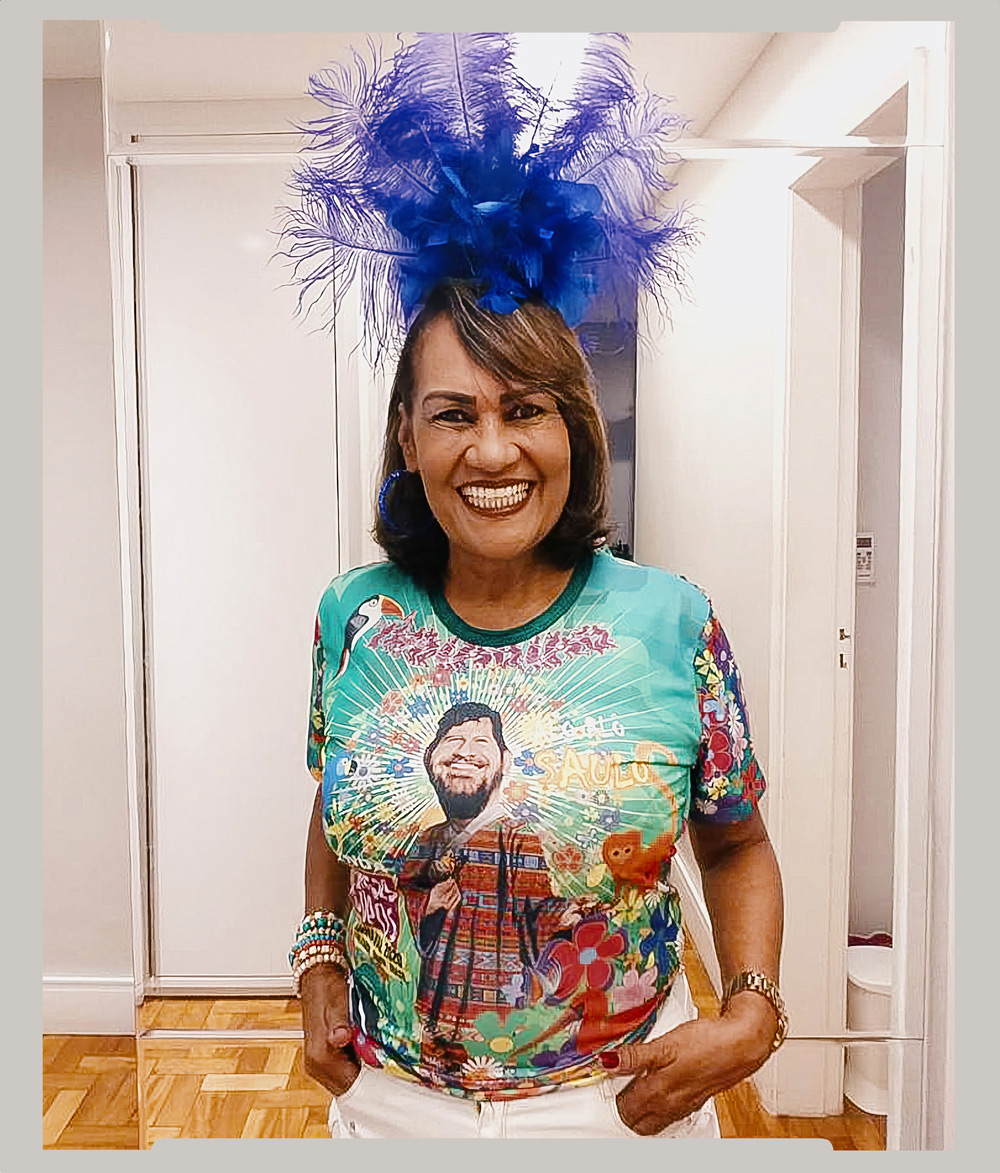 What is your typical day like?
What is your typical day like?
I wake up at 6 in the morning and the first thing I do is thank God for granting me another day. Next, I take the first shower of the day, which gives me more energy to complete my daily activities. After I get dressed, I head straight to the kitchen where I have breakfast and then go to work. I always get to work at 8 a.m. and start performing my activities together with my team. I finish at 5 p.m. Due to the quarantine, activities that were part of my daily life, such as having lunch with colleagues, going to the gym, or happy hour on Fridays were no longer possible, forcing me to change these habits. In the evening, when I get home, I make lunch for the next day, watch Jornal Nacional to see what's going on around the world, call the kids, get on social media and read before going to bed. I always go to bed at 10 p.m. while listening to relaxing music. On Saturdays I go to the supermarket and beauty salon, chat with friends, spend time with family, et cetera. Sundays are all reserved for me, too!
Describe your living arrangements. Do you live alone or with family?
I live alone. One of the biggest advantages of living alone is the freedom to wake up and go to bed whenever you want, to go out and come home whenever you want, and to have friends over, among other things. All of this gives you an indescribable feeling of freedom. One thing that bothers me about living alone is the loneliness and not having anyone to talk to.
How do you stay physically active?
In a variety of ways: cleaning the house, organizing my drawers, preparing meals, walking up the stairs at work three times a day. I take the bus and subway from home to work and vice versa on weekdays and I attend religious services in the evening.
How do you stay mentally and socially active?
Social isolation does not define me. Life is a series of changes. Therefore, we need to rely on our resilience at various stages of life. I keep my self-esteem up, think positive thoughts, and the joy of having my children and grandchildren keeps me moving forward.
What do you find most challenging about growing older?
Getting older also means changes and often losses, as well as gains, such as: retirement, widowhood, an empty nest, assuming roles like being a grandparent, as well as having to live with losing your independence and suffering from certain illnesses. With the support of family members, the elderly will feel more loved and willing to face their daily lives.